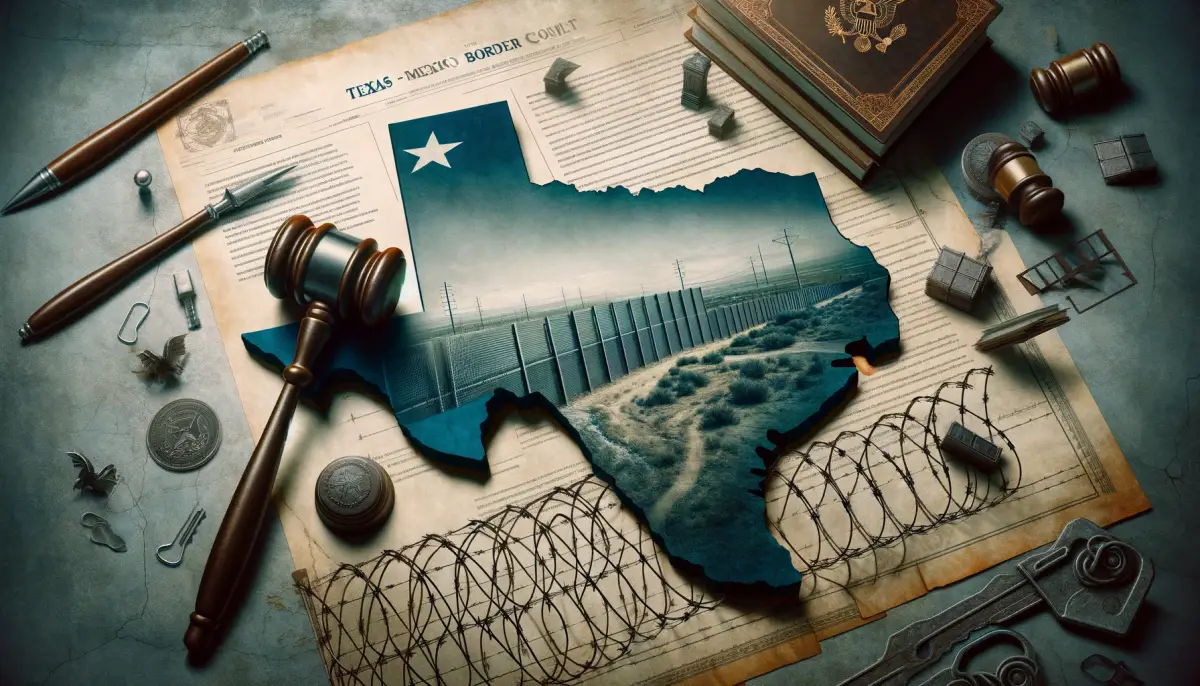The current situation at the Texas border is marked by a significant clash between the Texas state government and the Biden administration. This conflict has escalated recently due to a decision by the Supreme Court that allowed federal officials to dismantle a wire barrier along the border. This ruling prompted Texas to initiate a legal battle, arguing that this action, which is seen as aiding migrants, infringes on state sovereignty and undermines Texas’ security measures.
Governor Greg Abbott of Texas has been a vocal critic of the federal government’s immigration policies, asserting that Texas has the right to control its border, a stance that supersedes federal government control. Abbott’s position is heavily influenced by the compact theory, a fringe theory of constitutional law that was popularized by Confederate states during the Civil War. This theory suggests that the United States was formed through a compact agreed upon by the states and that the federal government is a creation of these states. However, this view conflicts with the widely accepted social contract theory, which posits that the federal government derives its authority from the consent of the people, not the states. The Supreme Court has consistently rejected the compact theory, deeming it incompatible with constitutional law.
At the heart of this controversy is the question of whether the federal government has the authority to regulate access to Texas’ borders. Legal precedents, such as the landmark Supreme Court case of McCulloch v. Maryland, establish that state laws cannot supersede federal authority. In this specific context, Texas’ use of the compact theory and its assertion that state government can override federal authority directly contradicts established legal interpretations.
Former President Donald Trump has also voiced his support for Texas’ stance. Trump has emphasized the impact of immigration policies on Hispanic and Black families and criticized the Biden administration for ending restrictions implemented during his term to deter migration. He has pledged to address immigration issues starting from the first day of his potential next term, highlighting the significant voter support for immigration control among Republicans.
This ongoing conflict at the Texas border, rooted in historical legal theories and contemporary political debates, underscores the complex interplay between state and federal authority, especially in matters of immigration and border control.








